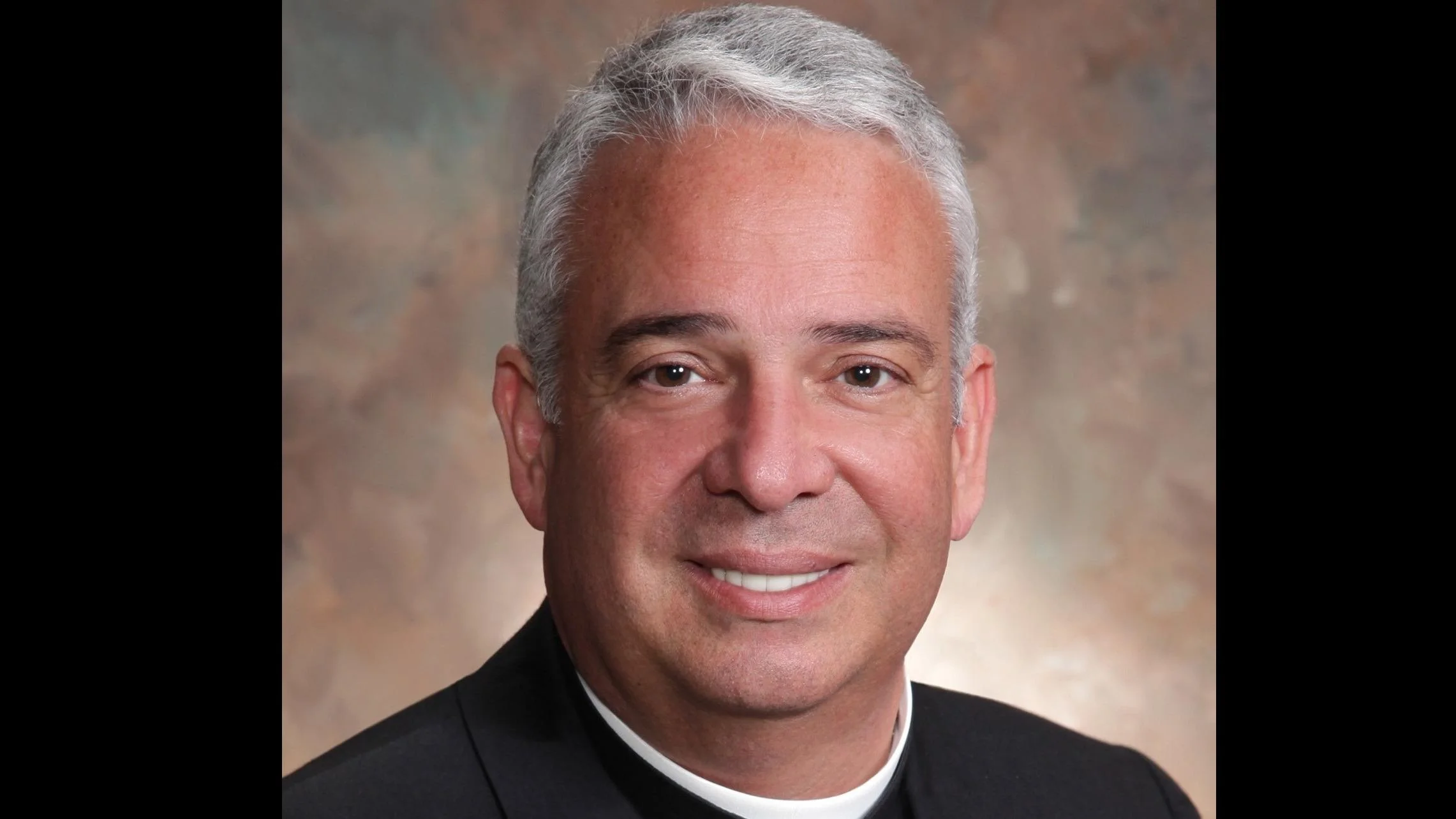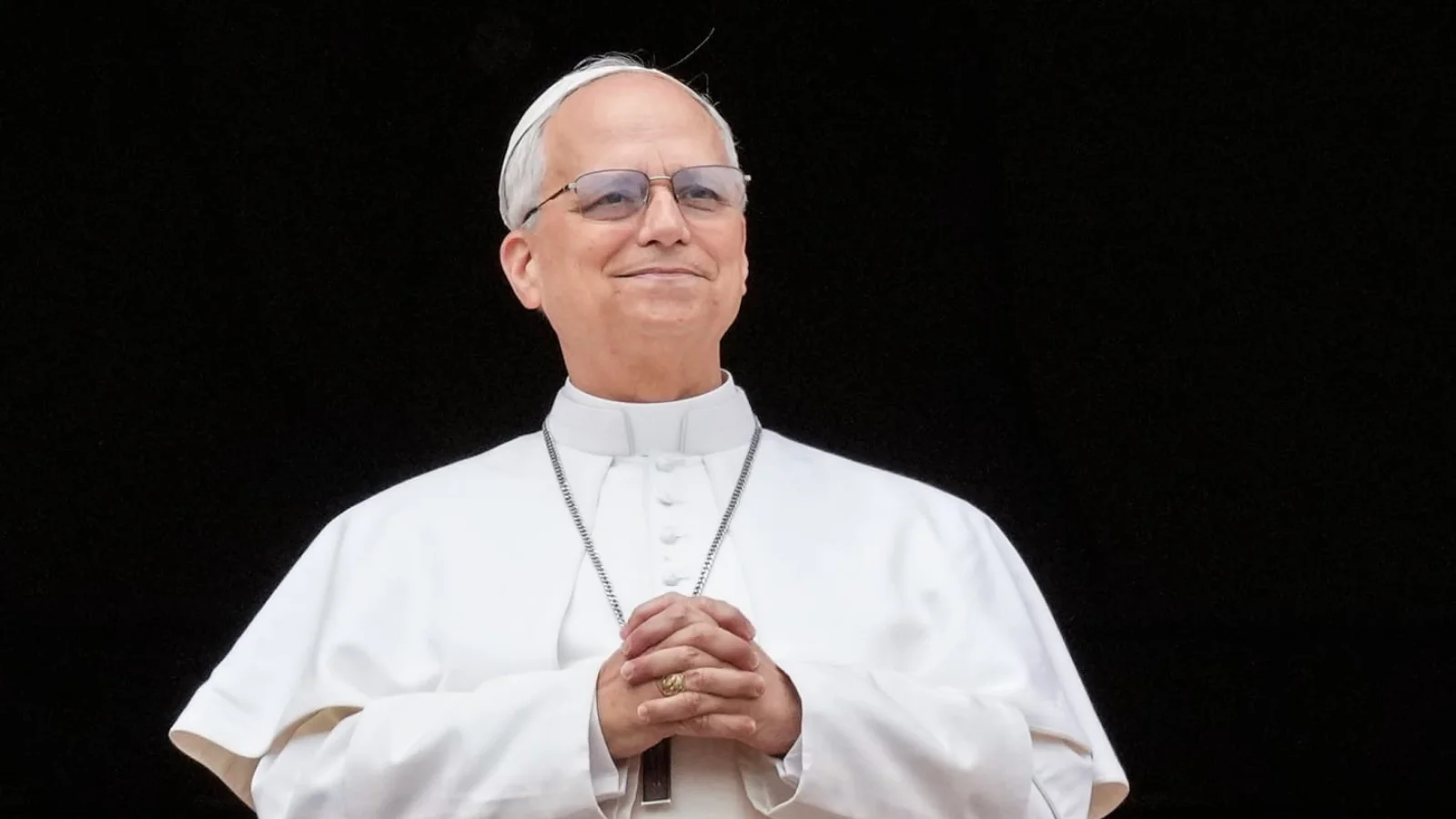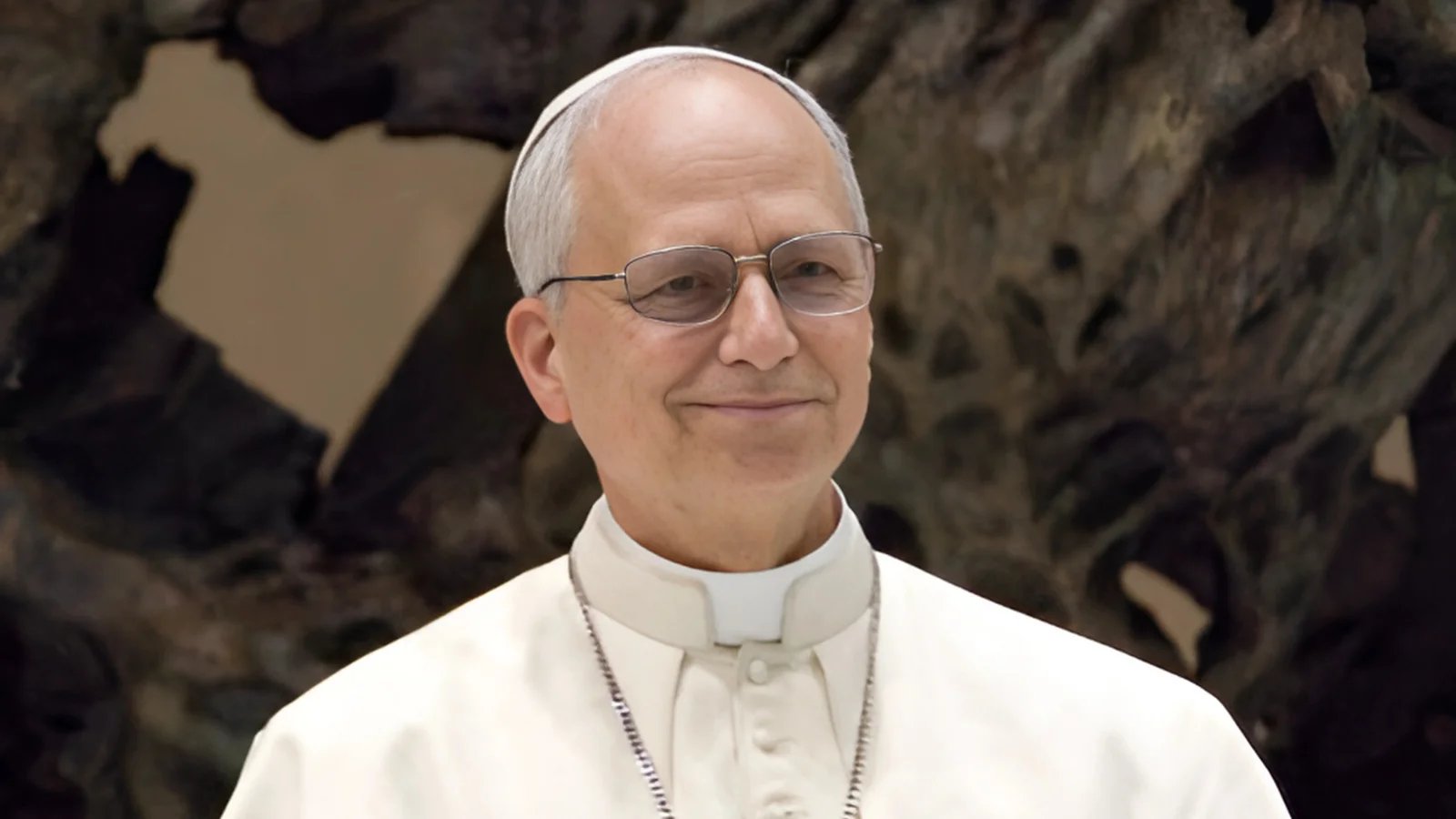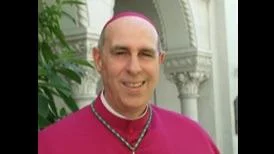
Bishop Edward J. Weisenburger | Diocese of Tucson website
WASHINGTON (OSV News) -- A bipartisan group of lawmakers on Capitol Hill has proposed an enhanced Child Tax Credit, which has received an enthusiastic response from members of a Georgetown University panel. The proposed package, announced by Senate Finance Committee Chair Ron Wyden and House Ways and Means Committee Chair Jason Smith, involves temporarily expanding the Child Tax Credit along with some business tax breaks and increases in subsidies for affordable housing and disaster assistance. The maximum credit per child would increase to $2,000 from $1,600 through 2025.
Patrick Brown, a fellow at the Ethics and Public Policy Center, described the proposal as a "modest bipartisan agreement" and emphasized the importance of supporting parents and young children. He stated, "There is not a national interest group for parents and young kids" and highlighted the need for a robust pro-family economic agenda.
However, the proposed Child Tax Credit falls short of the support provided to families during the COVID-19 pandemic. Lawmakers allowed the expanded version of the tax credit, which granted eligible recipients $3,000 per child 6-17 years old and $3,600 per child under 6, to expire in 2021. Some Catholic groups, including the U.S. Conference of Catholic Bishops, have called for its renewal.
The Georgetown University panel discussion, titled "Promoting a Consistent Ethic of Life," focused on families in need and immigrants. The expanded Child Tax Credit was seen as a potential tool to address both poverty and the issue of abortion. The abortion research firm Guttmacher Institute reported that a significant percentage of women seeking abortion were low-income, with concerns related to financial stability and the ability to care for dependents. Demographer Lyman Stone suggested that direct cash transfers to parents and expanding the Child Tax Credit could reduce the abortion rate by 5%.
Barbara Williams-Skinner, CEO of Skinner Leadership Institute, emphasized the need to address poverty and the moral teachings of Jesus. She stated, "If that's true, we ought to be collectively repenting today ... about the way we treat the poor." Sister Norma Pimental, director of Catholic Charities of the Rio Grande Valley, highlighted the dignity of every person and the importance of being present to those in need.
Kerry Alys Robinson, president and CEO of Catholic Charities USA, called for the proposed Child Tax Credit to prioritize the poorest children in the country. She recognized the previous version of the tax credit for its significant role in lifting children out of poverty.
While the conversion of the Child Tax Credit into monthly payments may not happen soon, there is hope that it could be adopted by Congress. Patrick Brown stated, "Politics is always the art of the possible," and urged members of Congress to avoid counterproductive purity fights.
The proposed enhanced Child Tax Credit serves as an important step towards lifting children out of poverty and promoting a consistent ethic of life. By providing support to low-income families, it has the potential to reduce the abortion rate and improve the well-being of children across the country.






 Alerts Sign-up
Alerts Sign-up